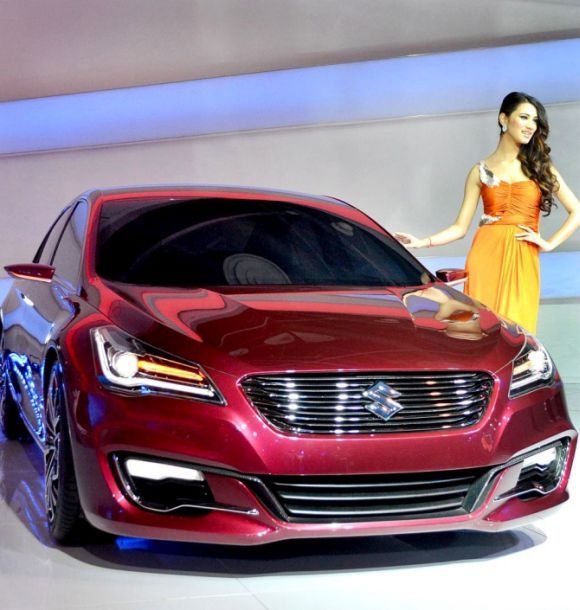
You get a 45-day repayment window and reward points. But inability to pay back on time can be a problem.
This Dhanteras, swipe your credit card and own your favourite set of wheels. With car dealers wanting to close deals, they are increasingly encouraging buyers to swipe their card and part pay for the cars. This also ensures spot conversion for dealers.
“We are seeing customers pay for cars by credit card," says Binod Agrawal, a Tata Motors dealer. Dealers say they can't let the customer out of the door or he will change his mind. So, they ask them to swipe instead of cash or cheque. About five per cent customers have been making upfront payment through cards. Buyers can pay a margin - typically 20 per cent of the car value - upfront.
Industry experts say paying a margin helps customers take a smaller car loan. Car loan rates vary depending on the car type and customer profile.
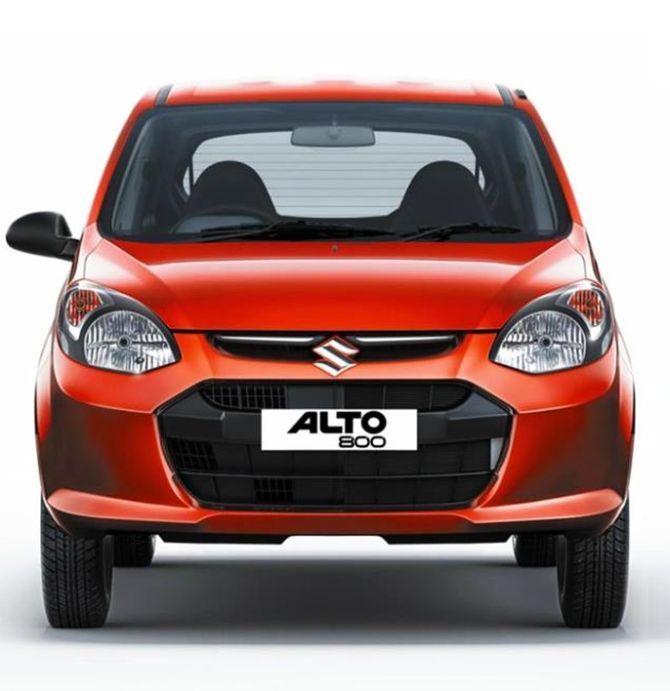 For instance, smaller cars like Alto attract a loan rate of around 12 per cent, it would be lower at 10 per cent for a bigger car like Hyundai Elantra, hatchbacks attract 11-11.5 per cent and sedans around 10.5-11 per cent.
For instance, smaller cars like Alto attract a loan rate of around 12 per cent, it would be lower at 10 per cent for a bigger car like Hyundai Elantra, hatchbacks attract 11-11.5 per cent and sedans around 10.5-11 per cent.
Uttam Nayak, managing director of payment gateway Visa says this is a smart way of making a big ticket purchase.
“Payment through credit cards offer a lot of flexibility. Customers can use their entire credit limit especially if they are buying under a limited period offer. Then a customer does not need to worry about not having and/or depositing money in his bank account for the purchase,” he says. Also, the customer gets 45 to 50 days to arrange for the funds he has used, he says.
High-profile buyers pay the entire cost through the card. Today, it is not uncommon to see monthly average spends of Rs 10-15 lakh in some high end credit cards.
Rajeev Agrawal, CEO of Innoviti, a Bangalore-based payment solution provider, says credit card payments also help earn loyalty and rewards points, which can be set off against other purchases.
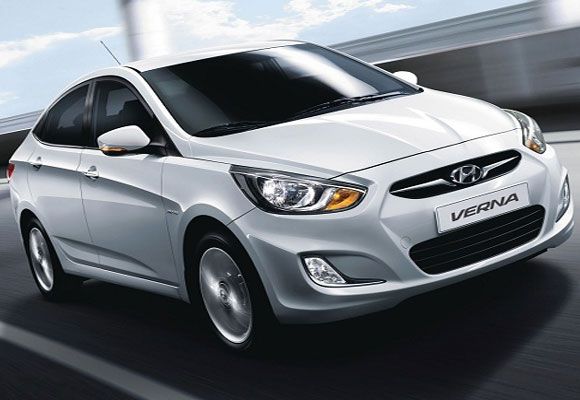
And given 20 per cent of a car cost can be a big amount — 20 per cent of the Rs 12 lakh costing Hyundai Verna is Rs 3 lakh — the rewards points will also be high.
“For a purchase worth Rs 1 lakh, a premium (platinum or signature) credit card holder would earn rewards points equivalent to Rs 750-1,000. And regular (gold or trump) credit card owners would earn points worth Rs 200,” says Agarwal. Similarly, buyers earn one loyalty point for every Rs 200 spent. Hence, for a Hyundai Verna, buyers would earn 4,000 loyalty points, which can be redeemed against airline tickets.
Kunal Khattar of Carnation Auto doubts all banks will accept this arrangement because upfront payment should be in cash or the customer does not have his skin in the game.
He says Nano has introduced this scheme when it was launched but it did not do too well because those who have a Rs 2-3 lakh credit limit earn at least Rs 30 lakh and are not Nano customers.
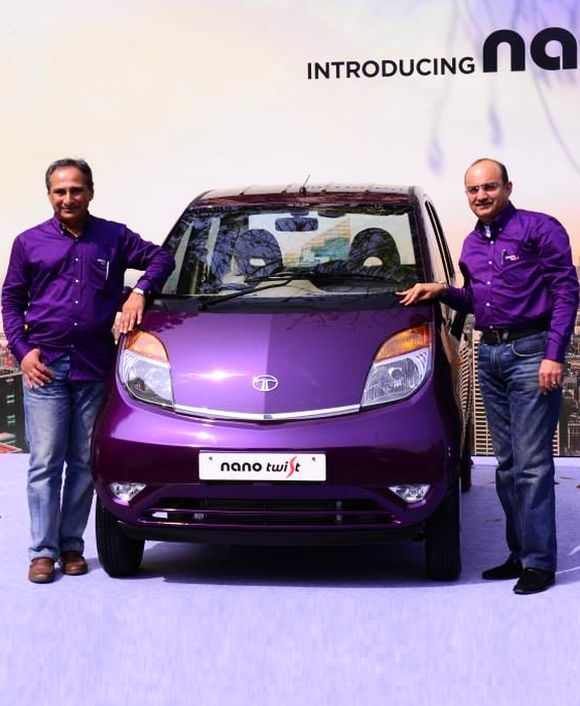 Credit card experts point out that credit card purchases can be converted to equated monthly instalments for further ease of payment if he does not have the capability to repay the entire amount.
Credit card experts point out that credit card purchases can be converted to equated monthly instalments for further ease of payment if he does not have the capability to repay the entire amount.
And that's exactly why debt counsellors are not in favour of making big ticket purchases through credit cards. Because rolled over credit card bills can attract an interest of anywhere between 15 to 45 per cent, varying across customer profiles.
“One who is making initial purchase through credit card and then taking a loan to repay the rest is leveraging himself completely. This way borrowers are getting into a debt trap. In fact, if a customer pays only through credit he will not be under the obligation to repay as he does not own any equity,” points out Sanjay Agrawal of Arcil.
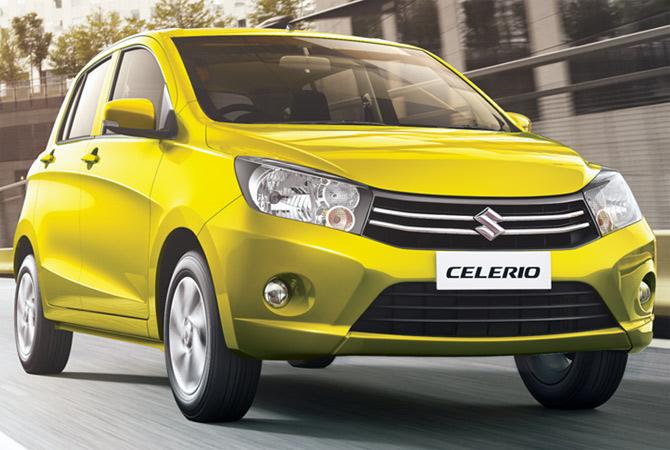 This way, even lenders are taking a bigger risk if borrowers pay margins through credit cards or personal loans in addition to taking a car loan.
This way, even lenders are taking a bigger risk if borrowers pay margins through credit cards or personal loans in addition to taking a car loan.
This apart, there is a 2-2.5 per cent transaction cost that customers paying through credit cards need to pay, says Agrawal. This amount is charged by the card company to the merchant. For Verna, you will pay 24,000-30,000 extra.
Hence, Nayak say only those customers should opt for this arrangement who have a planned repayment schedule in place.










 © 2025
© 2025